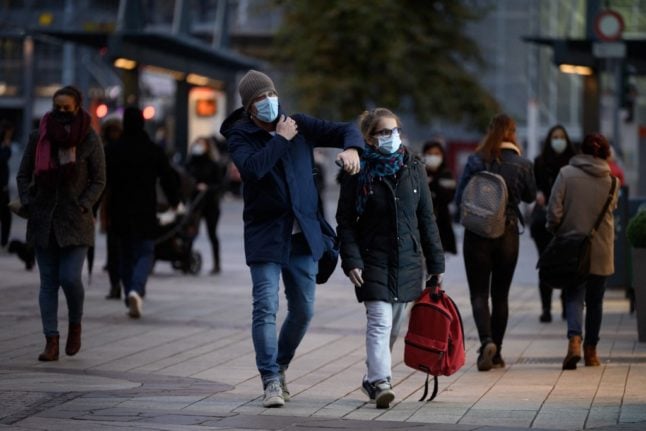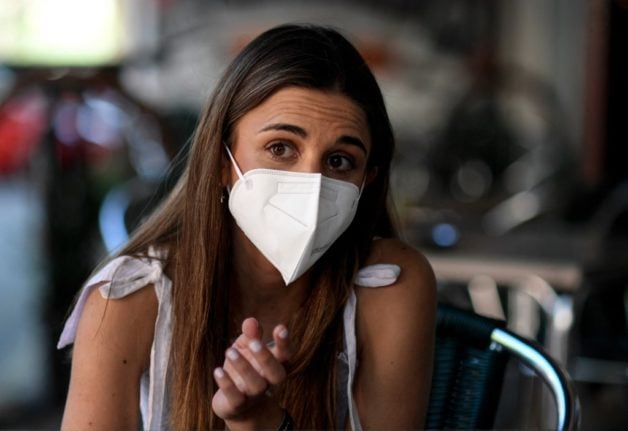“Once high-risk patients have been vaccinated about three quarters of hospitalizations will be eliminated. That means we could then live with case numbers of 20,000 to 30,000 per day without the hospitals hitting their limits,” Valentin Vogt told broadcaster SRF.
On Friday some 2,500 new cases were reported nationwide, meaning Vogt’s proposal would represent tolerating a tenfold worsening of the epidemic.
Vogt called for the government to quickly lift the restrictions once the roughly 2.6 million Swiss residents who are considered to be risk patients have been vaccinated, something that is expected to happen by the middle of May.
He described such a strategy as entailing “a short phase, which is intense, and then normality will return there as well.”
Urs Karrer, a member of the Covid 19 task force and head of the Winterthur Cantonal Hospital, criticized the proposal, saying that around 50 percent of Covid-19 patients currently do not belong to any risk group.
He told SRF that hospitals would not be able to cope with 30,000 positive cases a day, even if all people classified as belonging to a risk group have been vaccinated.
“It would be absolutely unfair if now, after people have put so much effort over the past year into keeping this virus under control that you would now expose them to a quite dangerous infection without them having had the chance to get vaccinated,” Karrer said.
Epidemiologist Manuel Battegay described Vogt’s proposal as an “irresponsible, unethical, and un-objective idea of letting the virus sweep through the population.”
“Very many citizens of this country have done without so much for over a year and have showed solidarity. It is unethical to relax the restrictions now before so many people have had a chance to receive their vaccinations,” he said.




 Please whitelist us to continue reading.
Please whitelist us to continue reading.
Member comments